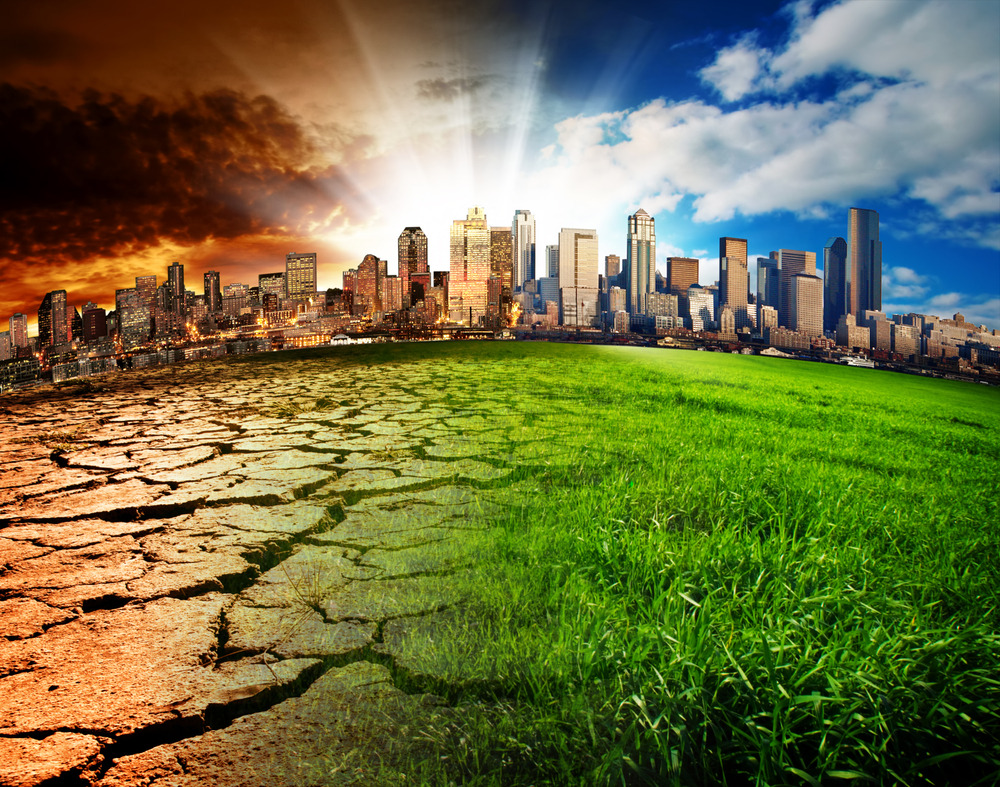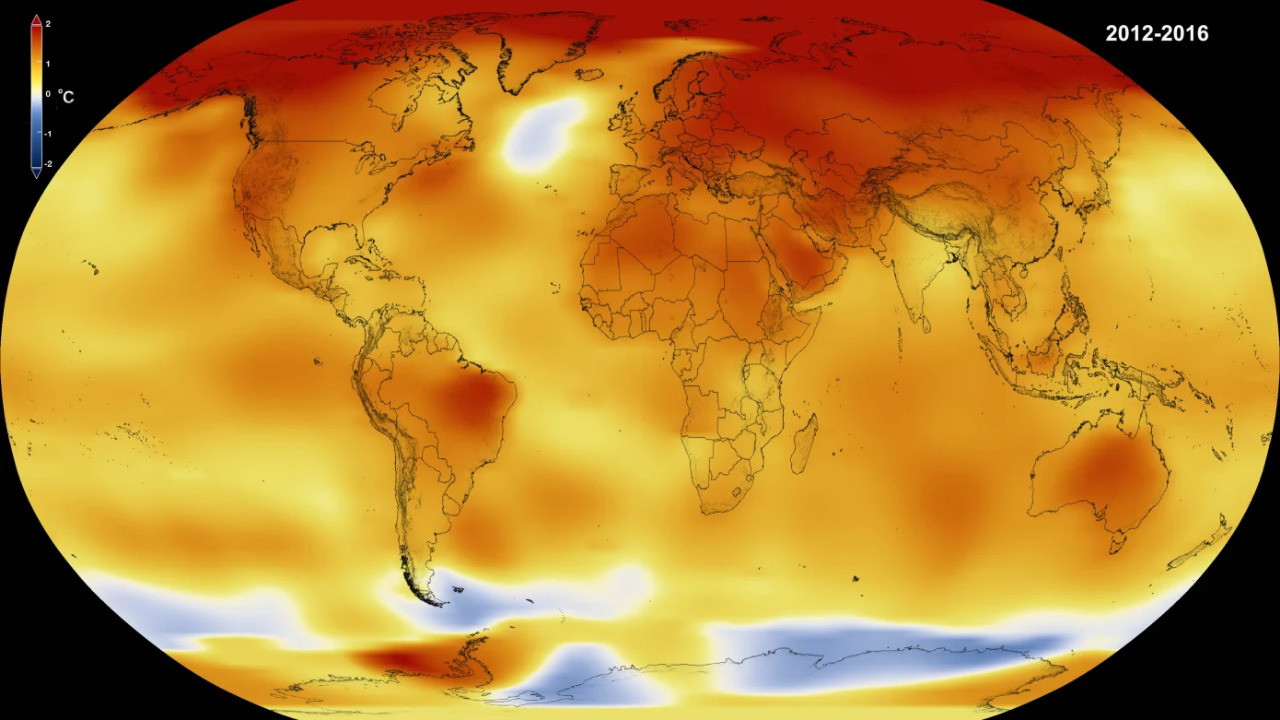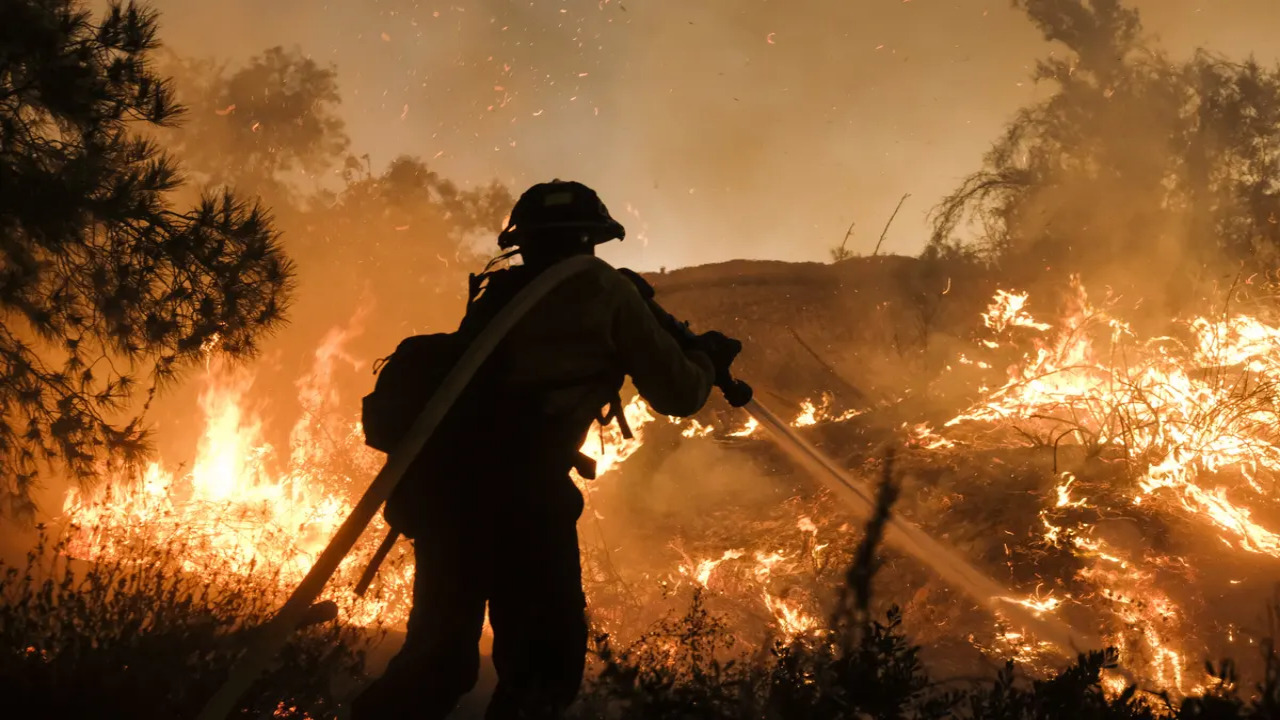The COVID-19 pandemic has not slowed the pace of climate change on the planet, despite expectations. From January to July 2021, global carbon dioxide emissions due to the use of fossil fuels in energy and industry were already at the same level or higher than for the same period in 2019, i.e., before the pandemic began.
The changes have been short-lived

The overall reduction in emissions in 2020 during the first wave of the coronavirus pandemic, when people were actively using FlowFlex antigen rapid test to quickly detect the disease, was “short-lived.” It is noted that in 2021, carbon dioxide emissions from road traffic were still lower than before the pandemic outbreak. However, concentrations of the major greenhouse gases contributing to global warming continued to rise in 2020 and the first half of 2021.
The planet’s temperature

According to the United Nations, the global average surface temperature from 2017 to 2021 is one of the warmest in the history of research. It makes sense that people are beginning to think more and more about how to keep kids safe in the age of Covid, save possessions, and not lose their jobs and lives. Scientists note that even if climate goals are met – sea levels could rise by 0.3-3.1 meters by 2300, threatening residents of islands and coastal areas in many countries around the world.
Curb warming to prevent catastrophe

With all this in mind, researchers are calling for massive reductions in greenhouse gas emissions as quickly as possible. This is necessary in order to curb global warming and prevent a climatic catastrophe on a planetary scale. Scientists note that rising temperatures on Earth will only be the beginning of the worst changes. If we fail to limit global warming to 1.5 degrees Celsius as soon as possible, the planet can expect catastrophic consequences.
Preservation of the planet and the environment
Our planet is in the midst of a major environmental crisis. We often complain about bad air, poor quality water and food, dirty roads, declining health, deforestation, and rising energy tariffs. And if we continue to only passively watch, further deterioration of the planet is inevitable. Experts believe that we have a maximum of 50 years to prevent irreversible ecological changes. We offer you one effective advice, which is very simple to follow.
Buy things only if you really need them: think carefully before buying, refrain from spontaneous purchases, and prepare a list of necessary purchases before you go to the store. And remember: it’s better to buy a good-quality item once than a few cheap ones several times. Finally, fall in love with nature and realize that every action you take has power! Take care of the environment, and don’t pollute – it’s what keeps us going. And your children and grandchildren will thank you for making the world a better place.


